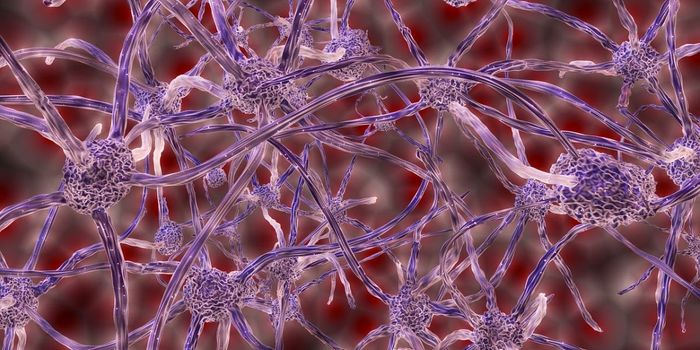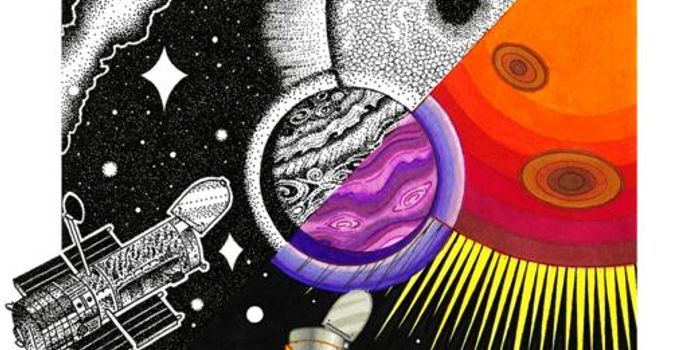Adding Metal to Microbes: Saving the Environment with Copper
Introducing a little extra copper to wetlands might drastically reduce greenhouse gas emitted from microbes.
A study from the Washington University in St. Louis found that copper is an essential metal in metabolizing nitrate into nitrous oxide, a common greenhouse gas. Led by Neha Sharma, a Ph.D. student in Professor of Environmental Engineering at the McKelvey School of Engineering Daniel Giammar’s lab, the research team studied microbes taken from their wetland environments to determine the necessary metals for microbe digestion. The results were published on June 15 in the journal Geochimica et Cosmochimica Acta.
A microbe is a type of microorganism that can be categorized into five types: viruses, bacteria, archaea, fungi, and protists. Microbes need trace amounts of metal to process the food they take in, just like humans. They turn the nitrate in their food into nitrogen through a process called denitrification. This process gives the microbes energy and produces a clean gas that makes up 78% of the atmosphere.
However, without the proper metals, nitrate is metabolized into nitrous oxide, the third most potent greenhouse gas. 50% of nitrous oxide comes from aquatic ecosystems, like the ones these microbes reside in. While previous research had shown that various metals were essential to the microbes’ metabolisms, this research proved that the metals could act differently depending on the situation.
After collecting samples of microbes and their environments from wetlands and riverbeds, researchers found that copper is the most critical metal in denitrification. Additionally, they discovered that there was not enough copper in the habitats they sampled to support the denitrification process adequately.
In small amounts, copper acts as a nutrient, so Sharma proposed adding a small amount of copper to the ecosystem to see if it would reduce the harmful nitrous oxide that the microbes produced. When the team did this, they found that nitrous oxide was processed into other compounds and thus not released.
While manually adding copper to a wetland might be an immediate solution to reduce greenhouse gases, not all ecosystems are created equal. To truly understand watershed ecosystems, collaboration between environmental scientists across disciplines will be vital to understanding effective ways to cut down on greenhouse gases and protect our environment.
Sources: The Source (Washington University in St. Louis), Geochimica et Cosmochimica Acta








